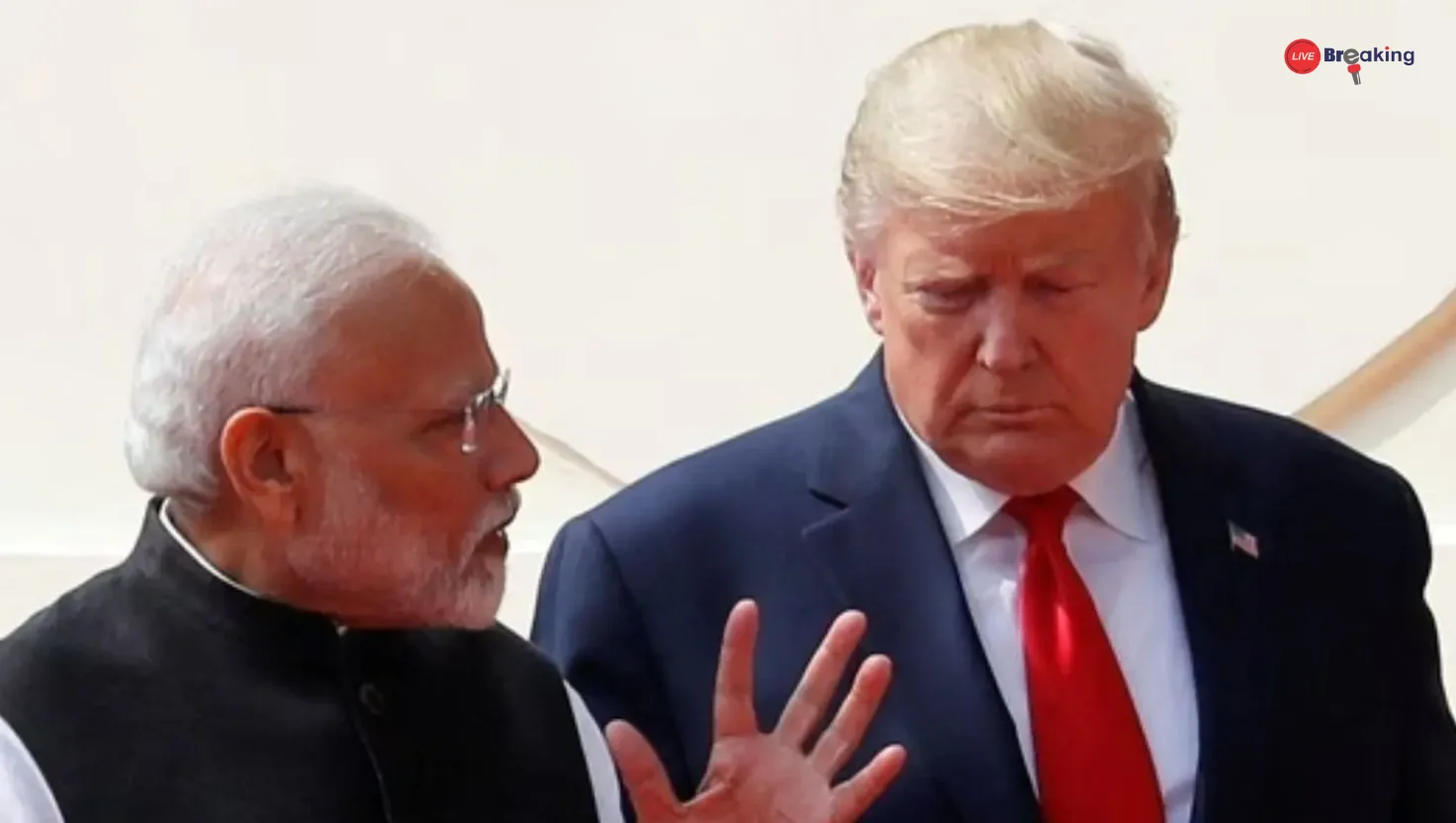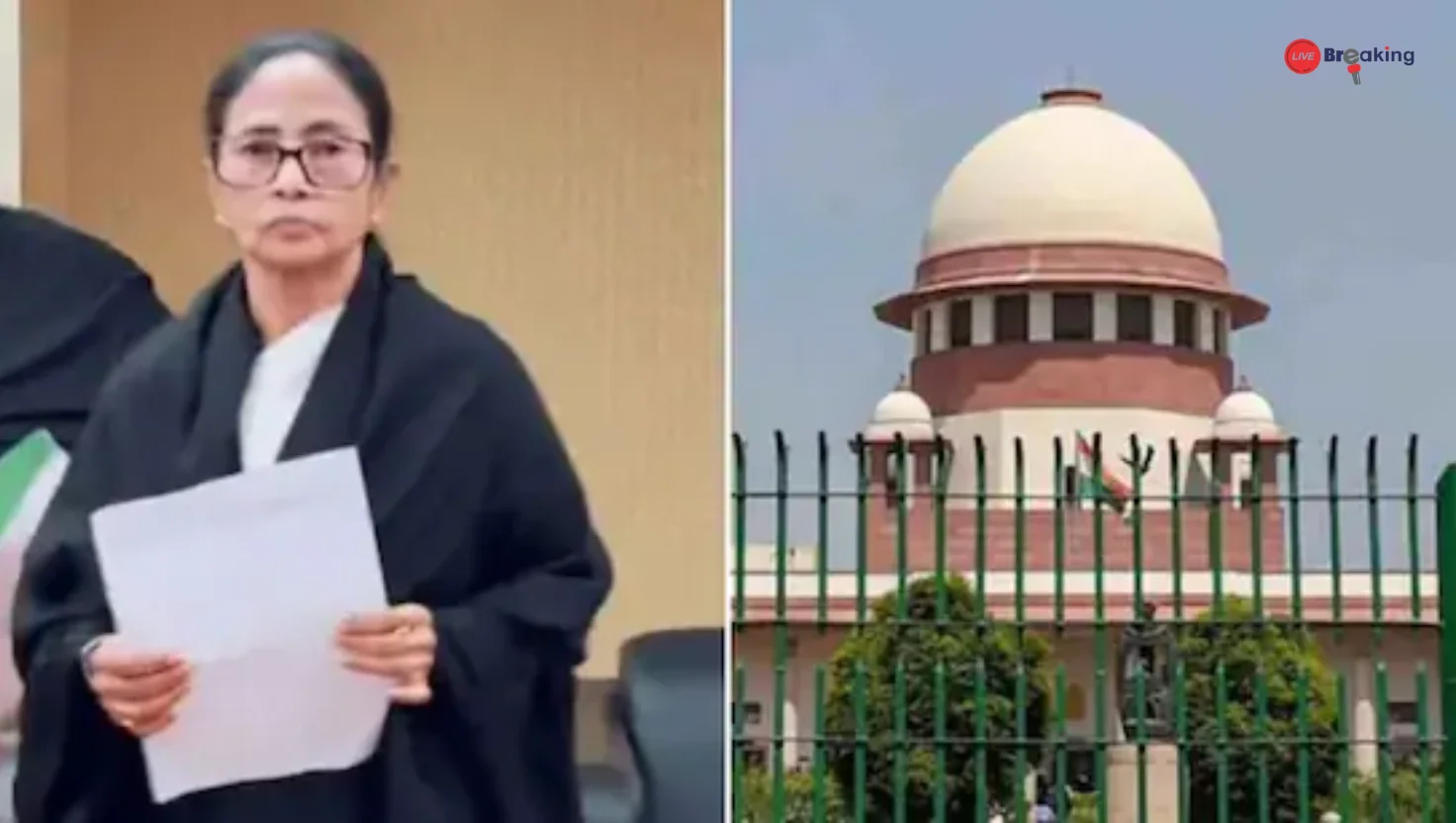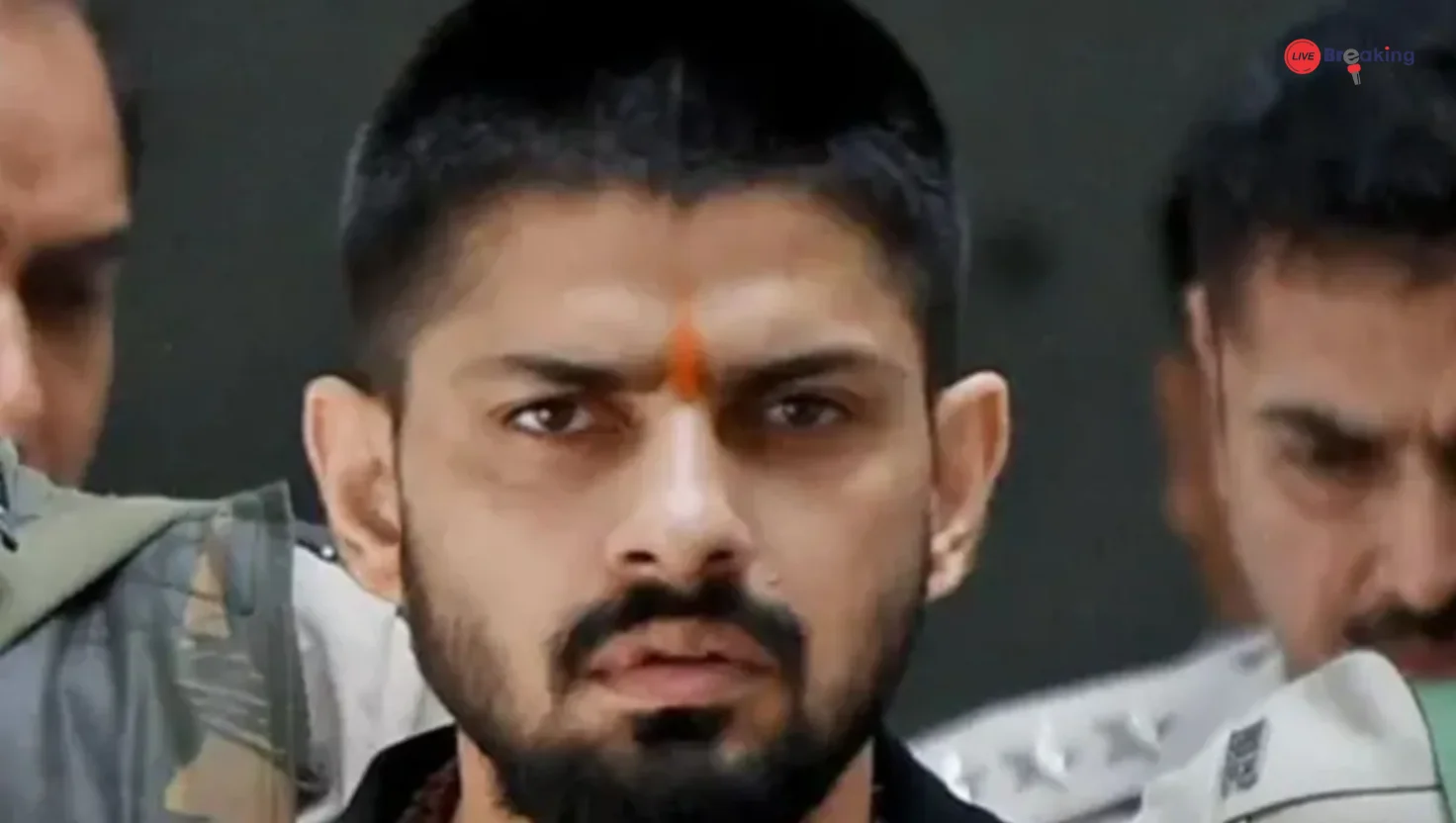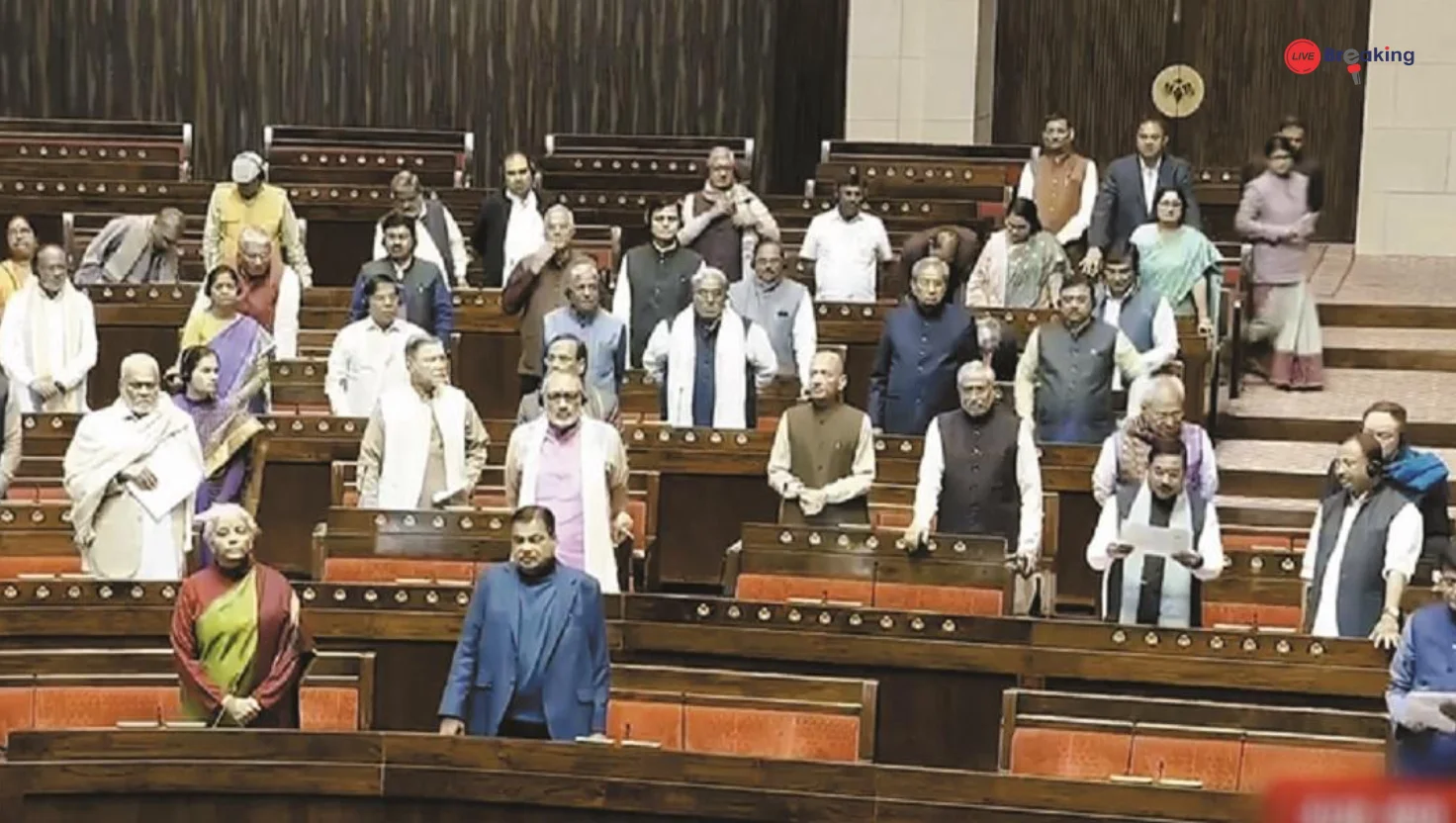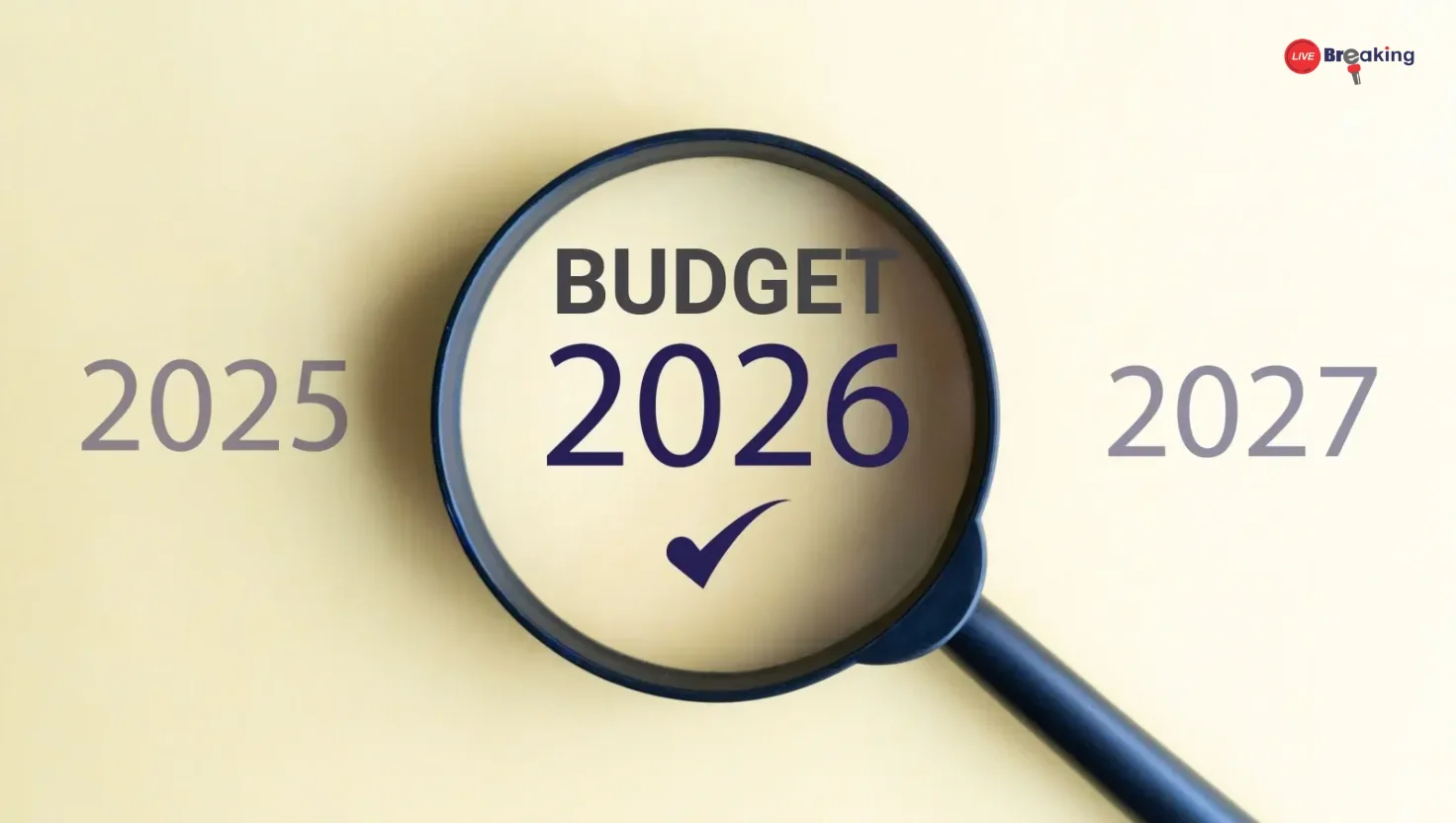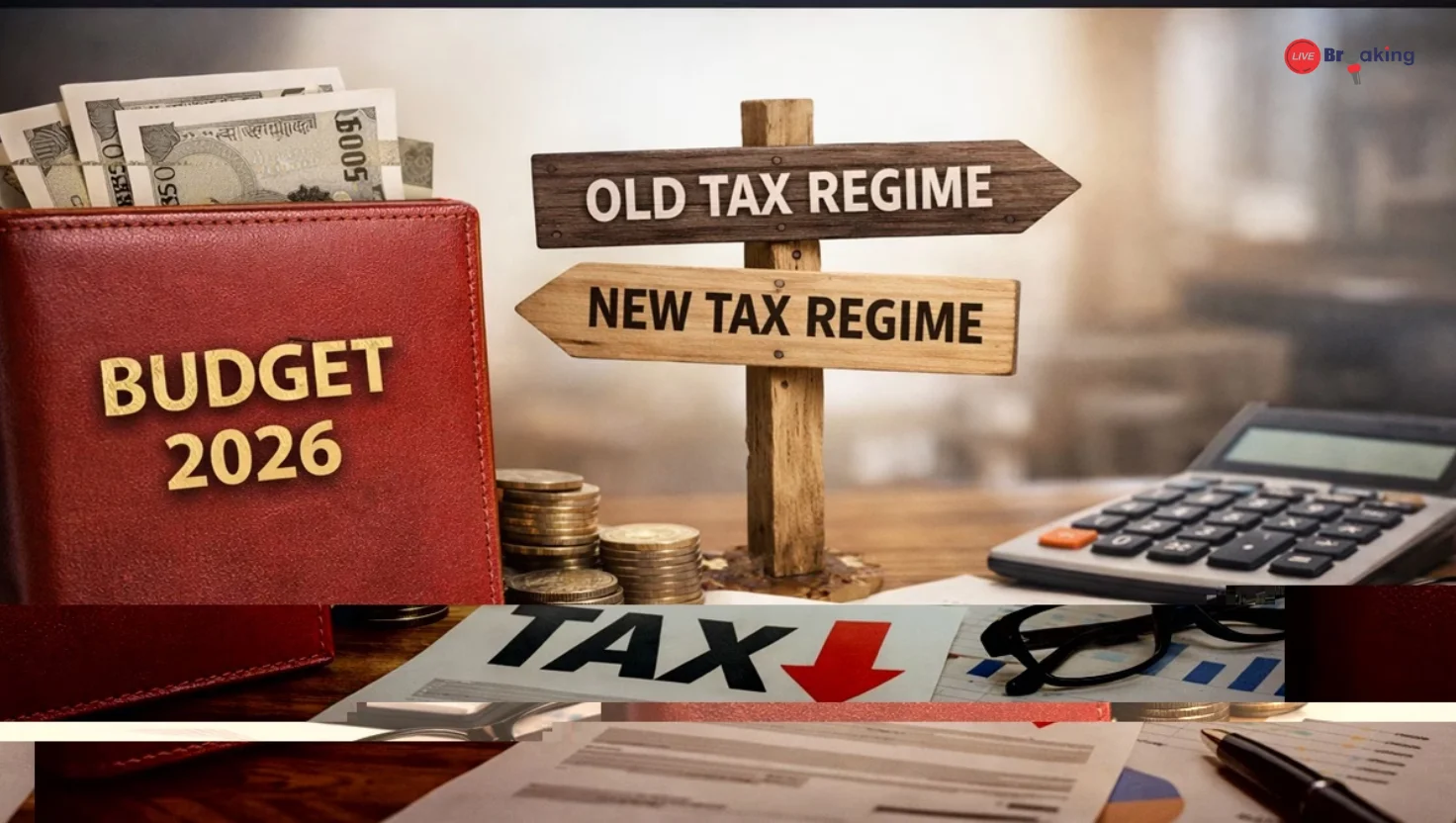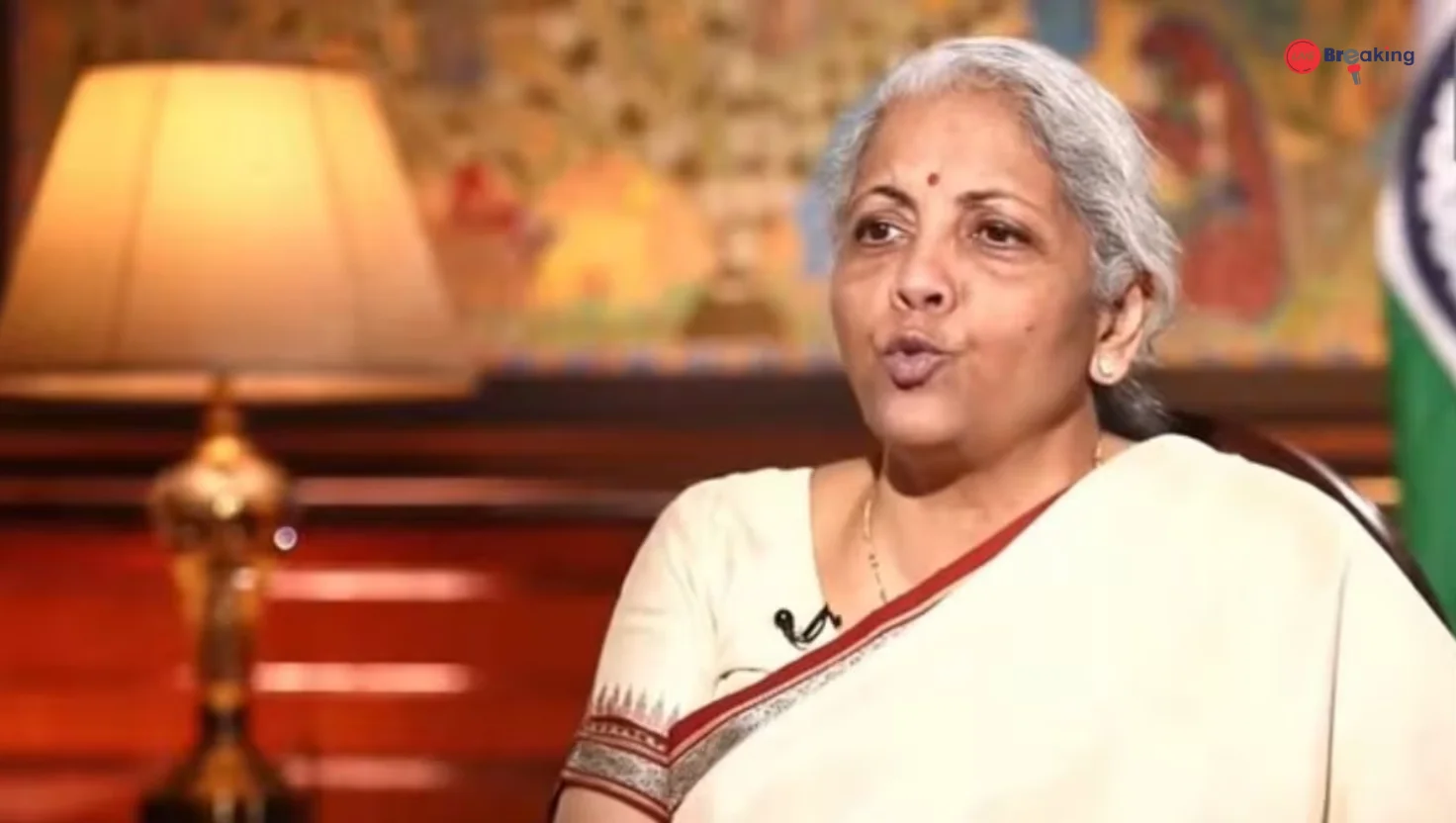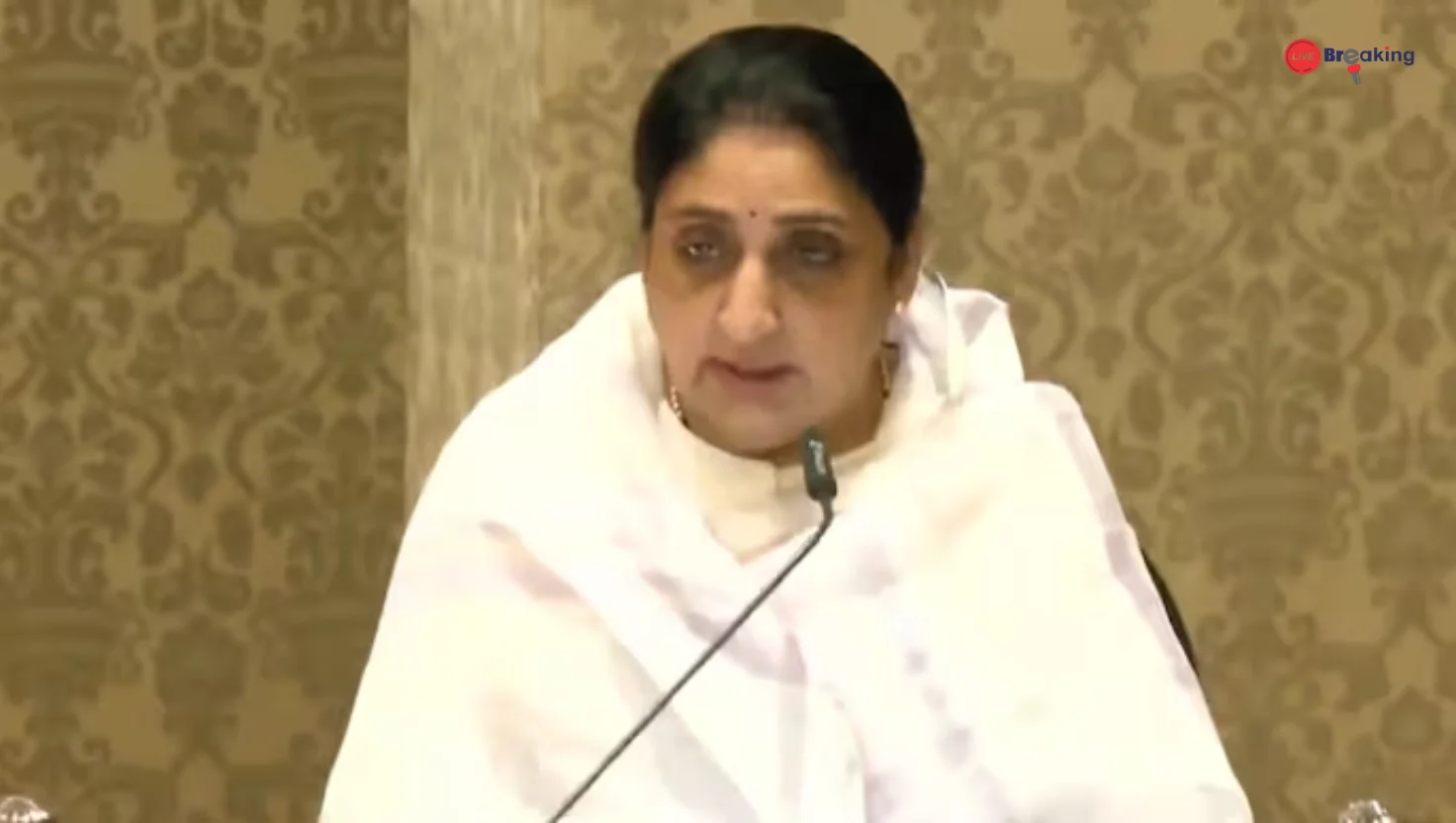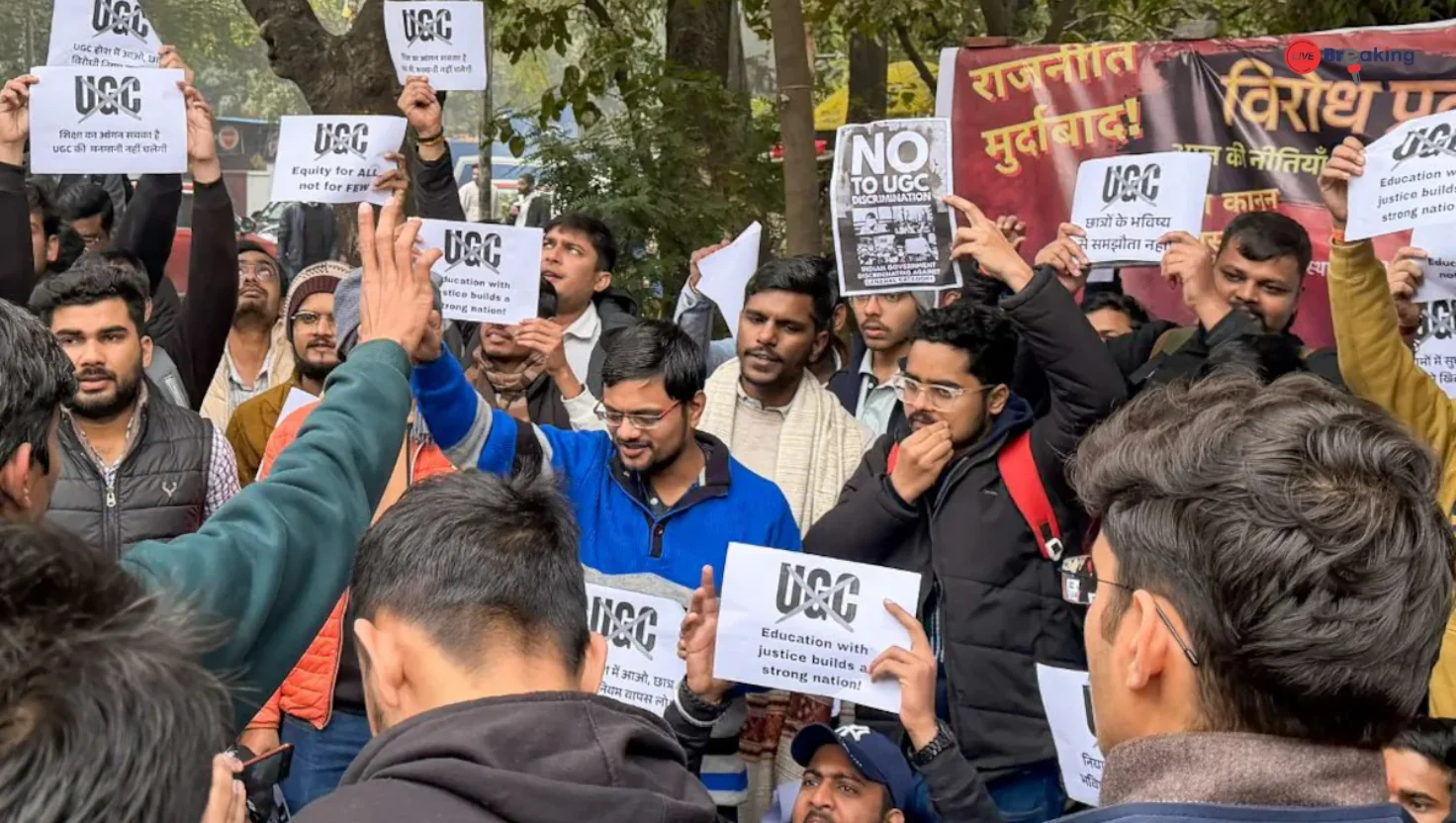PM Modi Avoided Direct Talks with Trump Amid Tariff Clash
A recent report has shed light on a tense phase in India-US relations when Prime Minister Narendra Modi reportedly avoided four phone calls from then-US President Donald Trump during a heated tariff dispute. The revelation underscores the fragile nature of trade negotiations between two of the world’s largest economies and highlights the diplomatic balancing act undertaken by both sides.
Background of the Tariff Tensions
The trade friction between India and the United States came to the forefront in 2019 when Washington decided to end preferential trade status for India under the Generalized System of Preferences (GSP). The move impacted billions of dollars worth of Indian exports, leading to retaliatory tariffs imposed by New Delhi on certain US goods.
Trump, who made trade imbalances a central theme of his presidency, often expressed dissatisfaction with India’s tariff regime. He repeatedly called India a “tariff king” and pressed for greater access for American companies in the Indian market.
Modi’s Reported Silence
According to the report, during this period of escalating tensions, Trump sought direct conversations with Prime Minister Modi to discuss trade differences and negotiate a possible resolution. However, Modi reportedly did not respond to at least four attempts made by the US President to speak over the phone.
Diplomatic observers suggest that Modi’s reluctance could have stemmed from a strategy to avoid being cornered into making concessions under pressure. By delaying direct talks, India may have been buying time to evaluate its negotiating position and manage domestic political considerations.
Trump’s Frustration with India
The avoidance reportedly did not sit well with Trump, who was known for his direct and often unorthodox style of diplomacy. He had already expressed irritation with world leaders who resisted his demands on trade, security, and defense contributions. Trump’s push for quick deals often clashed with the more measured and bureaucratic approaches of his counterparts, including Modi.
While the US President valued India as a strategic partner, particularly in the Indo-Pacific region, trade disagreements created a visible rift. Trump’s administration had hoped for a larger trade package that would include agricultural products, medical devices, and dairy exports to India. However, New Delhi’s insistence on protecting sensitive domestic industries became a sticking point.
Diplomatic Calculations in Play
Analysts note that Modi’s reported avoidance of Trump’s calls reflected a calculated move in international diplomacy. Unlike some leaders who sought to appease Trump’s demands, Modi may have chosen to maintain a firm stance to safeguard India’s economic interests.
Read more: How A Strand Of Hair Helped Ajit Doval Uncover Pakistan’s Nuclear Plans
India, with its growing market and rising geopolitical importance, has often been careful about not being seen as bowing to external pressure. Modi’s decision, though unusual, may have been aimed at signaling India’s sovereignty in policy matters.
Impact on Bilateral Relations
Despite the trade tensions, the India-US relationship continued to progress in other strategic areas, including defense cooperation, counterterrorism, and shared concerns over China’s growing assertiveness. Trump himself visited India in early 2020 for a high-profile state visit, signaling that both leaders managed to move past the friction.
However, the episode serves as a reminder of how economic disputes can test even the strongest of partnerships. With trade being a cornerstone of the India-US relationship, future administrations have sought to iron out differences more smoothly, though occasional disagreements remain.
Read more: TikTok may be back in India 5 years after ban: Website opens but app unavailable
Looking Ahead
Today, under the Biden administration, India and the United States continue to work toward strengthening trade ties while navigating complex global challenges. The reported episode of Modi avoiding Trump’s calls is now being seen as a moment that reflected the unpredictability of Trump-era diplomacy and the caution exercised by India in dealing with it.
As global trade dynamics shift and new challenges emerge, the lessons from that period underscore the importance of patience, strategy, and pragmatism in maintaining strong bilateral relationships.

